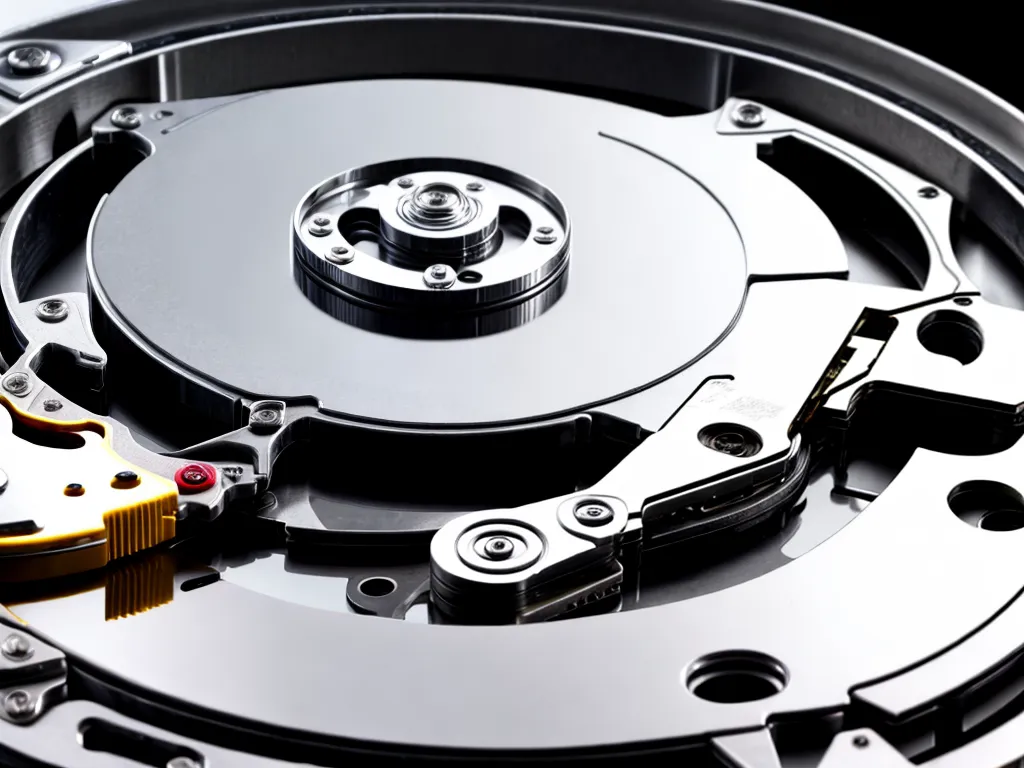
A failing hard drive can lead to catastrophic data loss if you don’t catch it in time. As someone who relies heavily on my computer for both work and personal use, I always want to stay on top of my hard drive’s health to avoid suddenly losing all my files.
Fortunately, there are a number of signs that can alert you to a potential hard drive failure before it actually happens. Being aware of these warning signs allows you to take action to backup your data and replace the drive before you experience a full failure.
Performance Issues
One of the first signs of a failing hard drive is a noticeable decrease in your computer’s performance. A failing hard drive will take much longer to load programs and files compared to a healthy drive.
Here are some common performance issues to watch out for:
Long Load Times
Programs and files take much longer to open than usual. Simple tasks like launching a web browser or opening a document begin to lag.
Frequent Freezing and Lockups
Your system frequently freezes or locks up when performing basic functions like watching a video or browsing the web. Everything grinds to a halt for 30 seconds or more before returning to normal.
Problems Accessing Files
You start getting frequent error messages when trying to open or save files on your hard drive. The files don’t seem to be corrupted – your system just struggles to reliably access them from the drive.
If you notice your system slowing down for no apparent reason, it may be a sign of components like your hard drive starting to fail.
Unusual Noises
Failing drives can also begin exhibiting strange noises that healthy drives generally do not make. Here’s what to listen for:
Clicking
A rhythmic clicking noise, almost like a ticking clock, that coincides with drive activity. This often signals the read/write heads are having trouble moving smoothly across the drive platters.
Buzzing
An unexpected mechanical buzz coming from the drive, especially during startup. This usually means the spindle motor that spins the platters is struggling.
Screeching
High-pitched screeches or grinding noises are a very bad sign, indicating internal hardware damage or interference.
I always investigate any new or unusual noises coming from my computer. Subtle sounds like clicking or buzzing can provide an early warning of drive issues.
SMART Warnings
SMART (Self-Monitoring, Analysis and Reporting Technology) is a system built into hard drives to monitor their health and reliability. SMART-capable drives can provide alerts of impending failure through tools like:
- Hard drive utilities – Software from your drive manufacturer that reads SMART data
- Disk checkers – Third party utilities like CrystalDiskInfo
- System utilities – Built-in disk tools like Windows’ Error-Checking tool
I recommend periodically checking your SMART status with these tools. Pay attention to attributes like “Reallocated Sectors Count” and “Current Pending Sector Count” – high values indicate the drive is encountering bad sectors.
Monitoring Hard Drive Health
Catching early signs of a failing drive gives you a chance to prepare. Here are steps I take to stay on top of my hard drive’s health:
-
Check performance – Note any slowdowns in common tasks and file operations.
-
Listen for odd noises – Investigate any new clicking, buzzing or screeching from the drive.
-
Review SMART data – Scan drive health with disk utilities once a month.
-
Prepare backups – Make sure my files are regularly backed up and easily restorable.
-
Consider a replacement – If I see multiple warning signs, I’ll replace the drive before it actually fails.
Staying vigilant protects me against sudden catastrophic drive failure. I hope these tips help you monitor your own hard drive’s health and lifespan. Let me know if you have any other techniques for detecting potential drive issues before they escalate!












